Moving into Nature
Get outside
When we take that first breath of fresh air, walk away from the traffic and machinery sounds, take a break from the screens, usually there is a moment the thought occurs why don't I do this more often? On some level we already know that being outside is good for our mental health, so why do therapy in a closed up office? Being outside in the natural world offers perspective and a reminder that we are part of something much bigger than ourselves. Connecting to nature can improve your mood, decrease feelings of loneliness and promote healing.
Being outside is Just the starting place
Ever heard "nature is my therapist" (other variations include "nature: cheaper than therapy," "my horse is my therapist," "gardening is my therapy")? I understand, and have thought along these lines as well. Nature-based experience can be therapeutic, however, they are not exactly therapy. A good therapist will challenge you to shift patterns, empathize with you, help you find meaning, and hold space for growth. Clients I work with, often have great intentions of getting outside more, maybe they even get there, but often depressive or anxious thoughts arise and disconnect them from the experience. I challenge clients to stay present to the moment, to relate to nature with all the complex parts of themselves, and then find meaning and integrate the experience. Such as a client who is facing an ending of some role in their life, may connect deeply to the signs of fall- leaves changing color, the feeling of the air, the stirring wind. By noticing these changes they become aware of the signs of change in their own life, all the ways that they have been preparing for this ending. You may get there on your own by heading outside, but you may just end up making a mental grocery list. As a nature based therapist, I work alongside nature and support client's attuning to the wisdom it's offering them.
healing through Movement
Whether you've experienced trauma or emotions that feel too big to handle- fear, anger, overwhelm, despair- your body and nervous system will be affected. Rhythmic movement, such as walking along a trail, helps regulate the nervous system. This means that emotions and experiences, while still present, are less all consuming. Sitting still on a couch or in an office chair can lead to these emotions and experiences feeling stuck, even frozen, and the nervous system has a hard time feeling safe again because we shut down its impulse to move. Walking and moving while processing emotions and experiences allows the body to respond and then relax.

